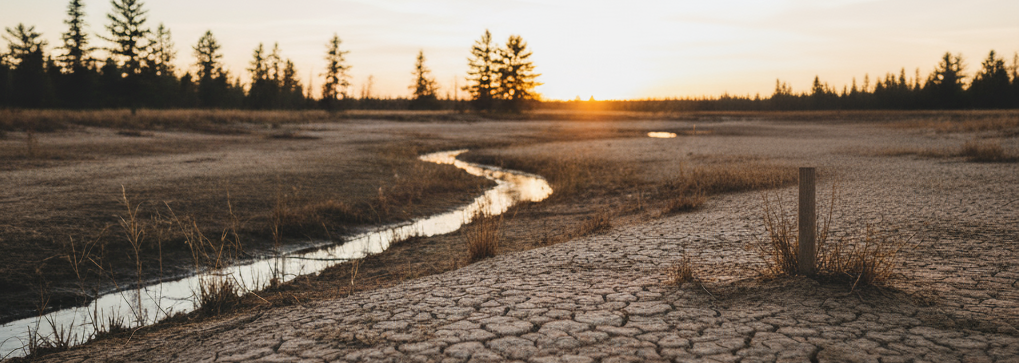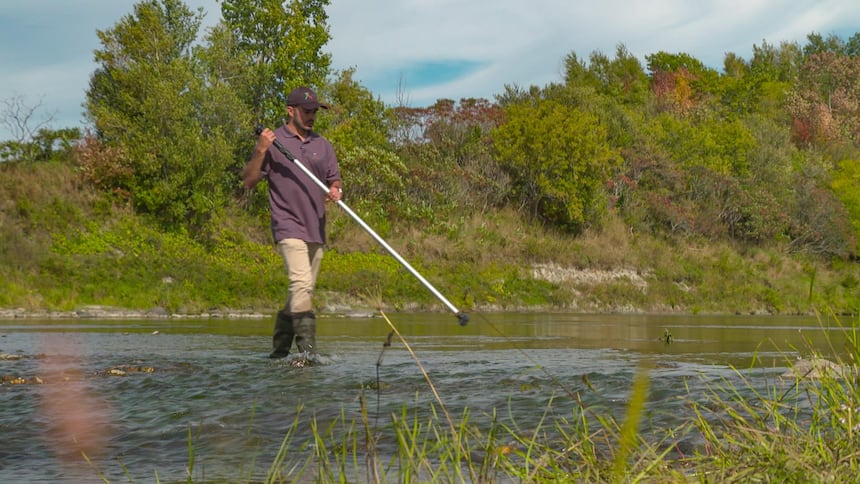
Water Shortage in Canada
This year, Quebec and other Canadian regions are dealing with persistent drought that’s hitting farms hard. Wells are drying up, crops are suffering, and livestock owners struggle to provide water. It’s a stark reminder of climate impacts on our agriculture, threatening food security. But agtech innovations could turn things around.
Agricultural Challenges
- Field Irrigation: With rivers running low, many farmers are skipping irrigation on entire plots, leading to lower yields for veggies and grains.
- Hay Shortage: Lack of water cuts forage production, forcing ranchers to buy more feed and driving up costs that threaten herds.
- Livestock Watering: Farms are hauling in water by truck or digging new wells, like one veal producer who spent $38,000 on a second well in eastern Quebec.

- Water Stress: Plants grow poorly with reduced quality, raising local famine risks if it persists.
Analysis
Crop yields are down due to water stress, slowing growth and harming grain and vegetable quality. Forage shortages create a crisis for livestock, with less silage and higher feed buys. For instance, in Montérégie, farmers are showering at neighbors’ to save water for cows. Livestock watering is at risk, leading to high costs like tanker trucks. Mitigation measures like soil conservation, efficient irrigation, and financial aids like Quebec’s Prime-Vert program can help quickly. Looking ahead, agtech provides tools for more resilient farming against climate change.